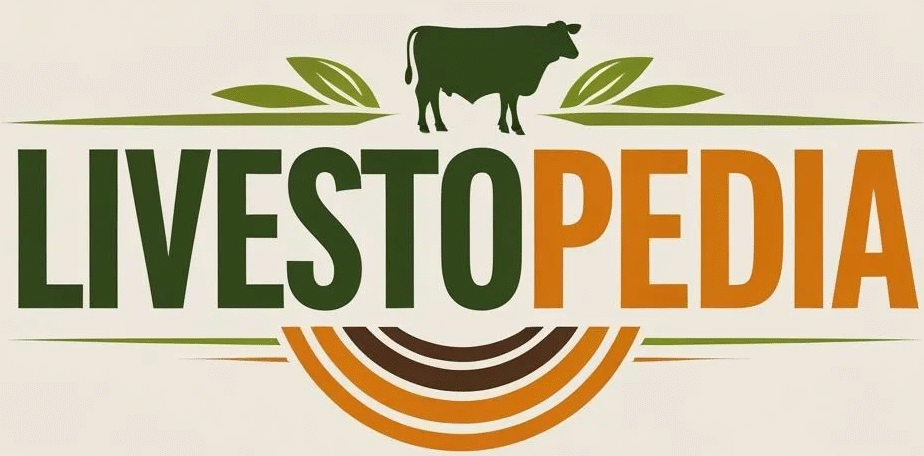Successful turkey farming requires a clear understanding of turkey behavior. Observing and interpreting how turkeys act can help farmers prevent problems, improve welfare, and boost productivity.
Turkeys are social animals with a well-defined pecking order, and knowing how this hierarchy operates allows farmers to manage flocks more effectively.
Birds at the top of the hierarchy have priority access to feed and water, while those at the bottom may need extra monitoring to ensure they are not bullied or underfed. Recognizing these dynamics early can prevent stress and uneven growth rates.
One key behavior to monitor is foraging. Even in commercial housing, turkeys will scratch and peck at the ground out of instinct.
Providing opportunities for natural behaviors, such as access to pasture in free-range systems or enrichment materials in confined housing, keeps birds active and reduces boredom-related aggression.
Similarly, dust bathing is a natural habit that helps turkeys maintain feather condition and control external parasites. Farmers who create spaces for dust bathing (either indoors with dry soil or outdoors on open ground) encourage healthier, more content flocks.
Vocalization is another important indicator of turkey well-being. Turkeys use a variety of calls to communicate, from soft clucks of contentment to loud gobbles during mating season.
Sudden increases in distress calls may signal overcrowding, predator threats, or environmental discomfort. In contrast, a generally quiet and calm flock often reflects proper management and comfort.
Behavior can also reveal environmental problems before they become serious. For example, if turkeys consistently huddle together, they may be too cold, while birds spread far apart and panting may indicate overheating.
Uneven distribution around the house might suggest poor ventilation or drafts. Watching how turkeys interact with feeders, drinkers, and heat sources provides valuable clues for adjusting housing conditions to maintain comfort.
As a turkey farmers, you need to pay close attention to turkey behavior and respond quickly to signs of stress or discomfort. This way, farmers can prevent health issues, improve feed efficiency, and ensure uniform growth.
Over time, developing this observational skill becomes one of the most cost-effective tools in turkey management, turning daily chores into opportunities for better flock performance and welfare.
